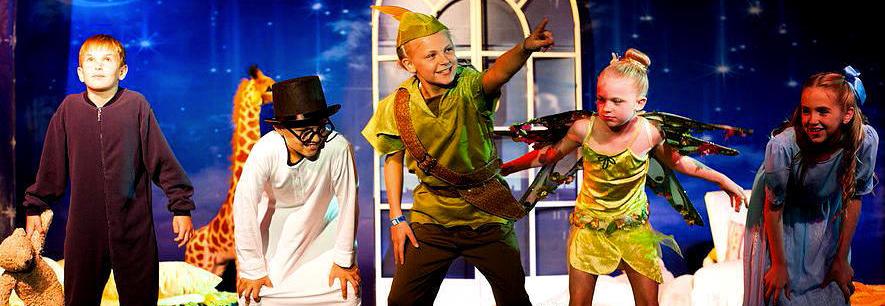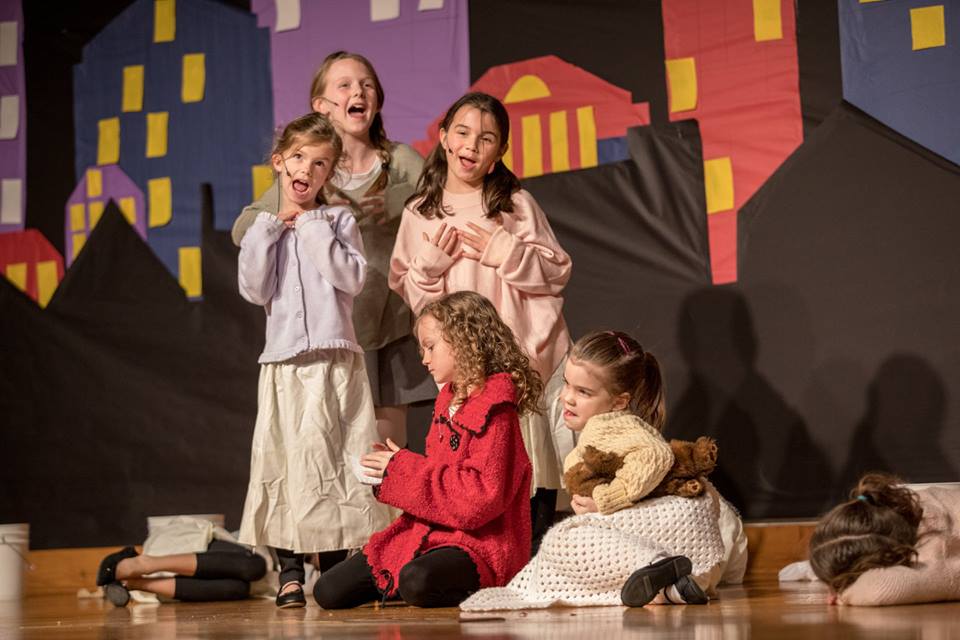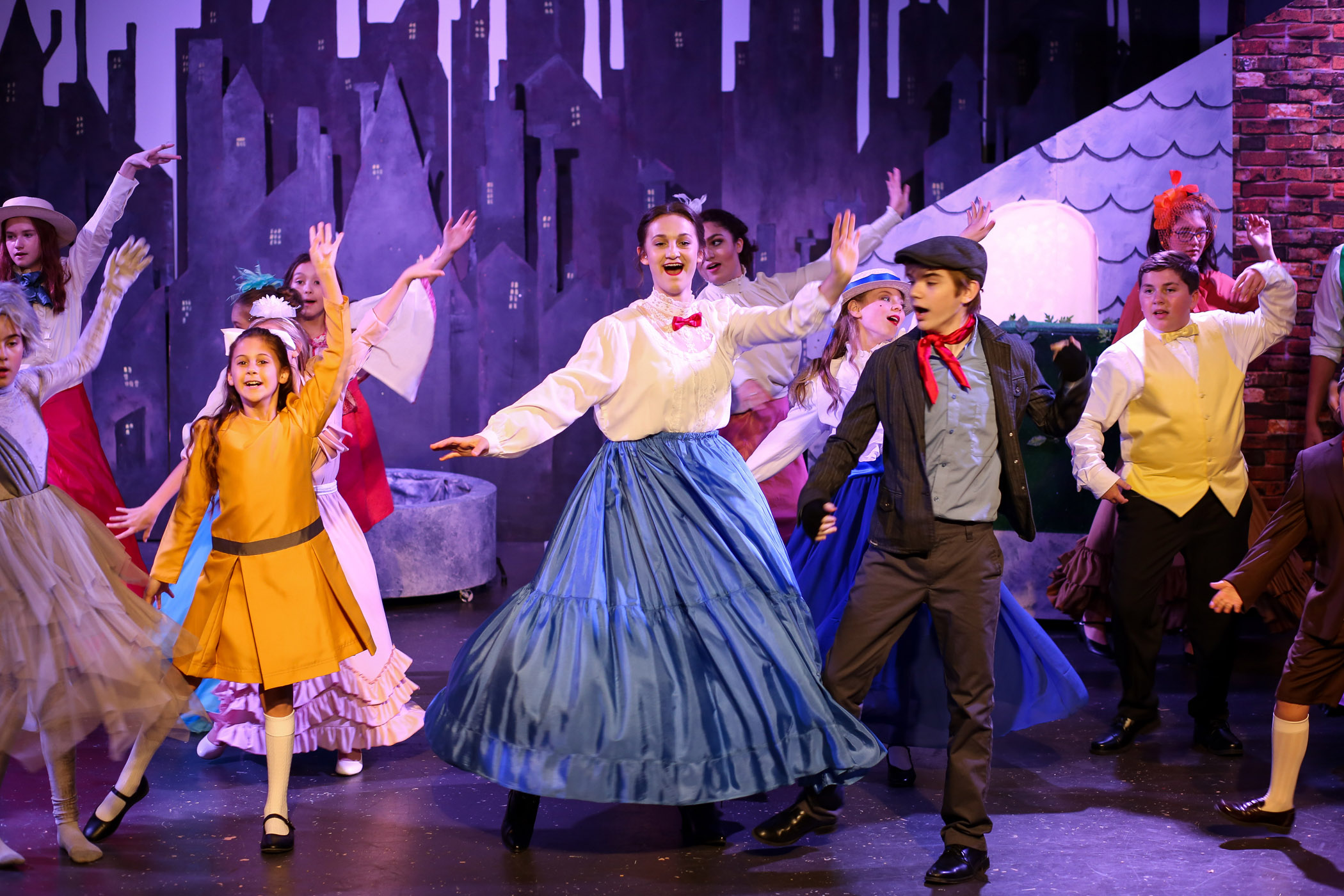This article discusses various types of kids plays. You will learn about Dramatic play, Familiarization play, Surrogate play, and Associative game. In this article we will discuss the importance of these play activities. Here are some examples of these games:
Dramatic play
Dramatic play benefits your child’s physical, emotional, and social development. It teaches children to express themselves through language, develops their self-identity, and fosters empathy and communication skills. They learn the importance of cooperation and synchronizing actions, and develops their empathy for other people. It also helps kids develop their literacy skills through role-play. Children learn about the importance of literacy through the use of props in Dramatic Play.
Familiarization play
Various activities that engage children in familiarization play can increase their knowledge of a particular object, situation, or experience. For example, young children may enjoy pretend play with toys. They might also act out situations they have experienced or fear. This form of play is both spontaneous and guided. When used in the hospital, familiarization play can help children to learn about different procedures. It can also help children to prepare for different situations, such as a scary hospital stay.

Surrogate play
Parents can give their children a firsthand look at the surrogate process through a children’s book called Sophia’s Broken Crayons. This children’s book, written by Crystal A. Falk, focuses on the child’s perspective. The story begins with Sophia feeling sad and ends with her parents helping her friends with surrogacy. If you want to give your child this experience, here are some suggestions.
Associative play
Associative play for kids is an excellent way to promote brain development. Children learn a variety of valuable skills, social cooperation, and critical thinking through play. They also learn how to share, barter, and think for themselves, allowing them to learn important skills that will help them in later life. Children who engage in associative play develop a variety of skills, and are better prepared to be successful in school. They are also more adaptable, allowing them to cope better with the constant changes they will experience.
Free play
Free Play is very important to the development of children’s motor skills and coordination. It helps them overcome their fears and gain social skills. It also helps them practice different adult roles and develop their self-esteem. It also helps them develop their self-respect and sound mental health. When children are given the freedom to play for long periods of time, they are better able to face the stress and anxiety that is associated with the structured lessons in school.




